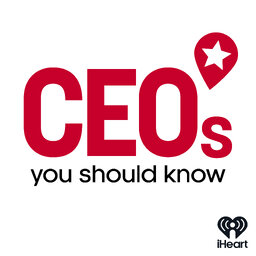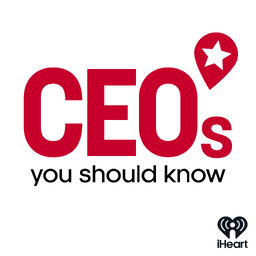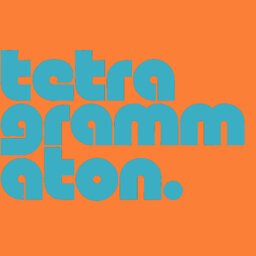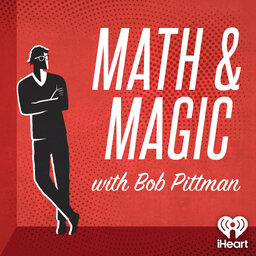Andrew Jarecki: “People really do want to tell you their story.”
You’ve probably been entertained by entrepreneur and filmmaker Andrew Jarecki even if you didn’t realize it. He co-founded the business everyone used in the 1990s: Moviefone. His list of accomplishments also include co-writing the theme song for the hit TV show, Felicity, directing the Ryan Gosling film, All Good Things, and directing and producing the documentary, Capturing the Friedmans, which won 18 international prizes and earned an Academy Award nomination. He’s probably best known for directing the Emmy-winning HBO series The Jinx: The Life and Deaths of Robert Durst, which will be back with Part Two this year. Andrew sat down with Bob to recount how he got Moviefone off the ground and changed the industry forever; the major pivots and innovations behind the production of his films; and share how his parents influenced his career. You’ll get a sense of the unique skills that have enabled him to turn curiosities into successes, and have fun along the way.
Math & Magic: Stories from the Frontiers of Marketing with Bob Pittman
How do the smartest marketers and business entrepreneurs cut through the noise? And how do they mana…Social links
Follow podcast
Recent clips

CEOs You Should Know: Chon Nguyen, CEO of Newgentek
11:06

CEOs You Should Know: Avani Desai, CEO of Schellman
10:48

Listen to Bob on Tetragrammaton with Rick Rubin
16:35
 Math & Magic: Stories from the Frontiers of Marketing with Bob Pittman
Math & Magic: Stories from the Frontiers of Marketing with Bob Pittman